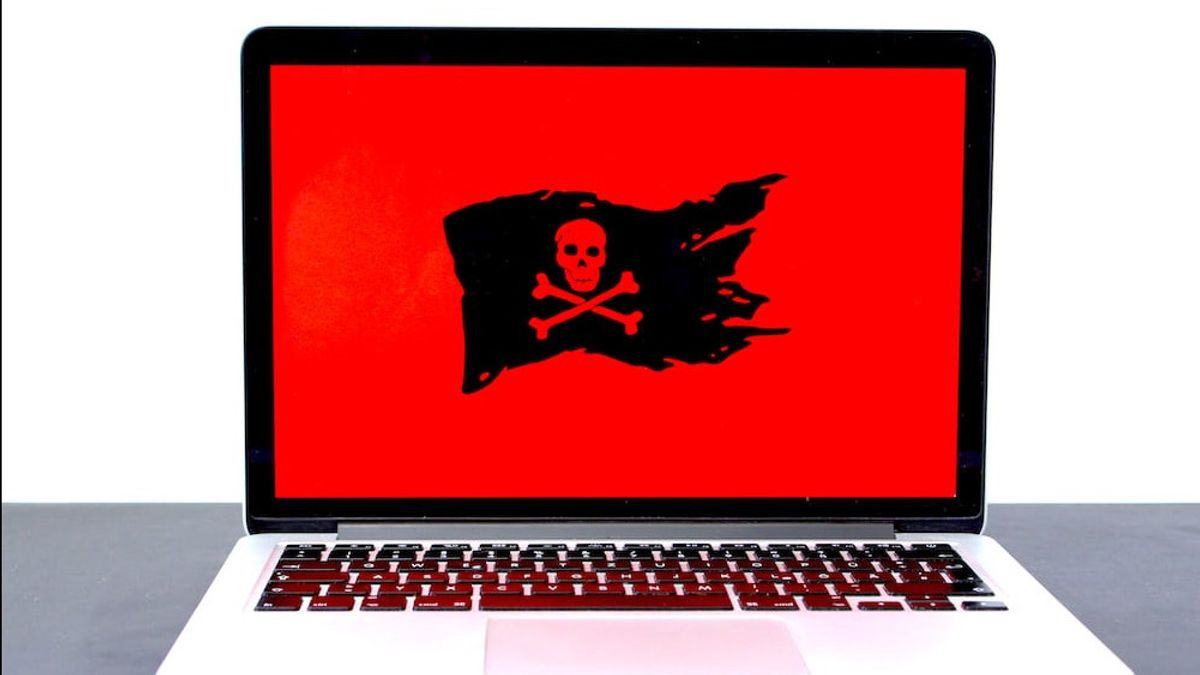JAKARTA - Global cybersecurity company Kaspersky revealed that its solution blocked a total of 44,022 malware attacks against MSME employees in Southeast Asia during Q1 2023.
This number increased by 364 percent, compared to only 9,482 attacks in the same period in 2022.
To help MSMEs map out their cybersecurity, Kaspersky shares the most common types of cyber threats facing the sector:
Exploits
Malicious and/or unwanted software often infiltrates victims' computers through exploits, which are malicious programs designed to exploit software vulnerabilities. They can run other malware on the system, and cause the victim's applications to crash, and so on.
Trojans
The second biggest threat is Trojans. He entered the system in disguise and then carried out his malicious activities. Depending on its purpose, a Trojan can perform various actions, such as deleting, blocking, changing or copying data, disrupting the performance of a computer or computer network, and so on.
Backdoors
These threats are one of the most dangerous types of malware because, once they penetrate a victim's device, it immediately gives cybercriminals remote control. They can install, launch, and run programs without the user's consent or knowledge.
اقرأ أيضا:
Not-a-virus
Potentially unwanted applications (PUA) that may be accidentally installed on your device are labeled “not viruses” by Kaspersky solutions. Here, cybercriminals attempt to deliver this and other malware and unwanted software to employee devices using any means such as vulnerability exploits, phishing emails, and fake text messages.
One method that is often used to hack employee smartphones is to use the “smishing” method (a combination of SMS and phishing). Victims receive a link via SMS, WhatsApp, Facebook Messenger, WeChat or other messaging applications. If the user clicks on the link, malicious code is uploaded to the system.
“According to our latest cyber resilience report, by 2022, four in ten companies recognize that a cyber security incident will be a major crisis for their business, one that can only be replaced by a decline in sales or a natural disaster,” said Yeo Siang Tiong, General Manager Southeast Asia in Kaspersky.
Kaspersky experts advise MSMEs to have a comprehensive defense concept that equips, informs and guides their teams in their fight against the most sophisticated cyberattacks.
The English, Chinese, Japanese, Arabic, and French versions are automatically generated by the AI. So there may still be inaccuracies in translating, please always see Indonesian as our main language. (system supported by DigitalSiber.id)

















